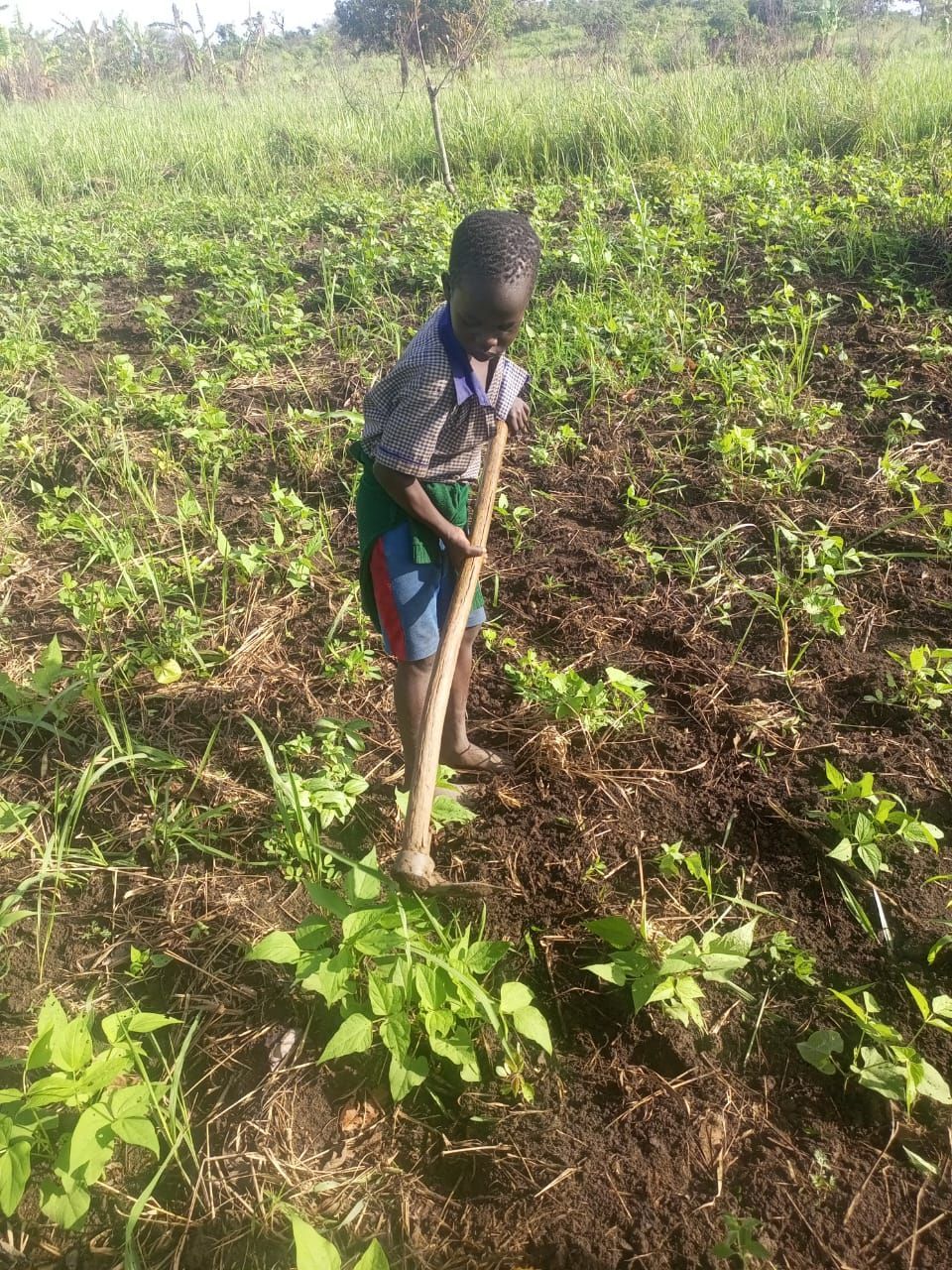In the heart of rural Africa, sustainable farming techniques are sowing the seeds of hope and resilience, transforming communities from the ground up. These eco-friendly agriculture practices are not just about growing crops; they are about cultivating a future where food security and economic stability become a reality for developing regions. Amigos Internacionales stands at the forefront, empowering communities to embrace agricultural sustainability and break the cycle of poverty. Through the stories of farmers who have turned barren lands into thriving fields, we witness the incredible power of community empowerment. Will you join us in this mission to foster a brighter tomorrow? 🌱✨ Learn more about sustainable farming
Transforming Barren Lands
In developing regions, turning barren land into productive farmland is a monumental challenge. Yet, through sustainable farming techniques, this transformation is becoming a reality. With the help of organizations like Amigos Internacionales, farmers are not only changing landscapes but also lives.
Stories of Resilient Farmers
The journey of resilient farmers in rural Africa showcases the incredible power of determination and sustainable farming. One such story is of a farmer who, with limited resources, managed to transform a desolate plot into a flourishing farm. His success was not born overnight but was the result of adopting eco-friendly agriculture practices.
-
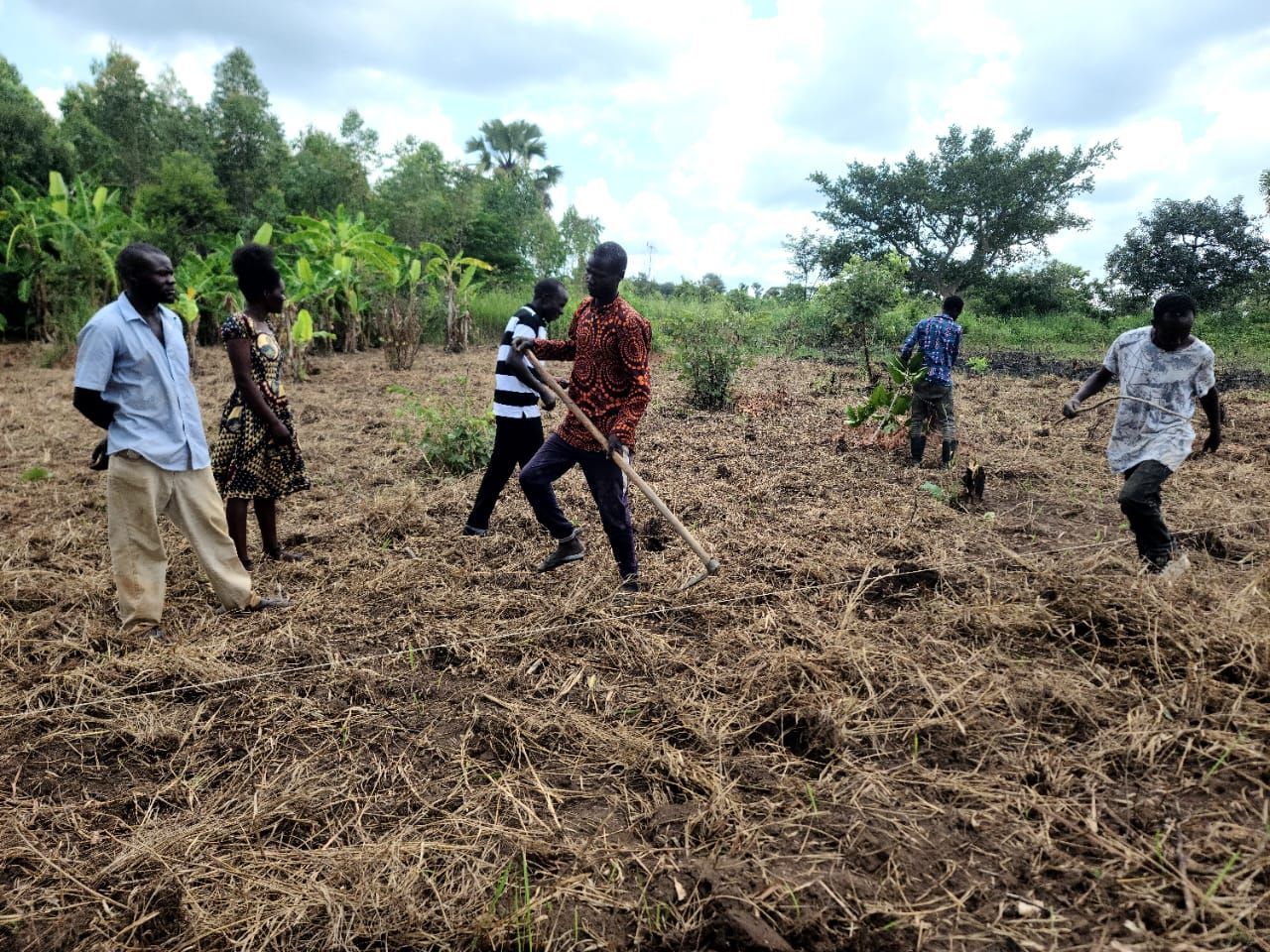
- Community collaboration played a critical role, as neighbors shared knowledge and resources.
- Adopting crop rotation and composting improved soil fertility, essential for plant growth.
- Rainwater harvesting ensured a steady water supply during dry seasons.
These practices, supported by organizations like Amigos Internacionales, illustrate how sustainable methods can overcome environmental and economic hurdles.
Techniques for Thriving Fields
Creating thriving fields from barren lands requires innovative strategies and dedication. Sustainable farming techniques are crucial for this process.
- Soil conservation is vital, involving methods such as terracing to prevent erosion.
- Implementing agroforestry, which combines trees and crops, enhances biodiversity.
- Using organic fertilizers boosts crop yield while maintaining ecological balance.
Incorporating these methods not only improves productivity but also ensures long-term sustainability of farm lands. For more in-depth techniques, visit SARE's guide on sustainable farming.
Empowerment Through Eco-Friendly Agriculture
Eco-friendly agriculture empowers communities by providing not just food, but a pathway to independence. This section explores how communities driven by sustainable practices find success.
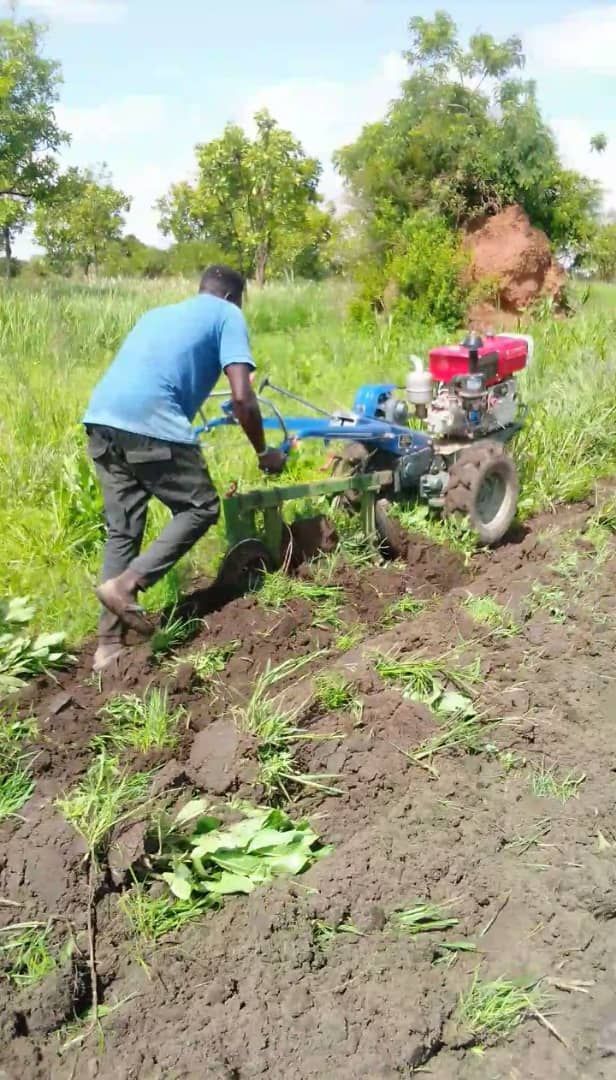
Community-Driven Success
Community-driven initiatives are at the heart of eco-friendly agriculture. By working together, communities achieve remarkable outcomes.
- Shared resources reduce costs and increase efficiency.
- Collective decision-making ensures that practices are culturally and environmentally suitable.
- Education and training enhance skills and knowledge transfer.
These factors contribute to a sustainable model that supports food security and economic stability. For more on how communities can succeed, check UNEP’s guide to sustainable farming.
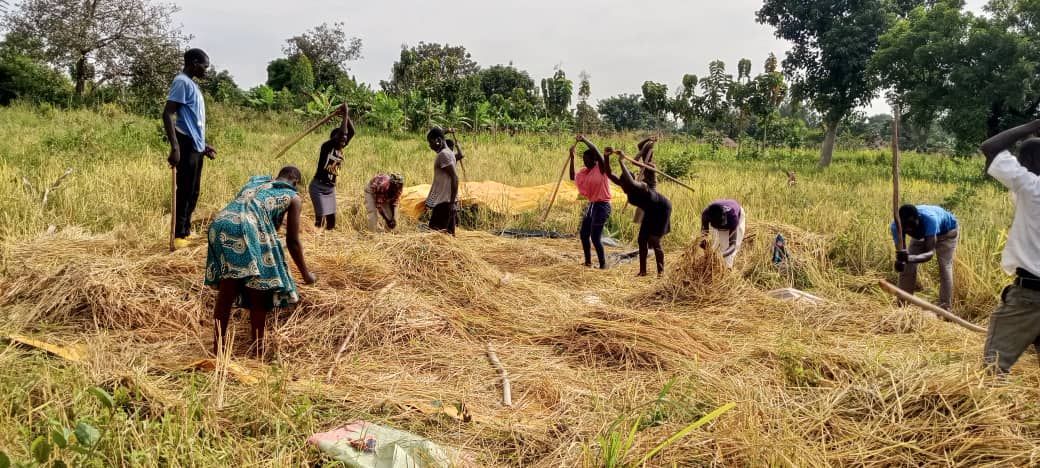
Amigos Internacionales' Impact
Amigos Internacionales plays a pivotal role in fostering community empowerment through sustainable farming. Their initiatives provide crucial support and expertise.
"Our mission is to break the cycle of poverty through sustainable agriculture," says an Amigos representative.
- Training programs equip farmers with essential skills.
- Financial support aids in acquiring necessary supplies and technology.
- Partnerships with local organizations ensure cultural sensitivity and effectiveness.
These efforts have transformed many communities, showcasing the significant impact of targeted assistance. Visit Amigos Internacionales for more stories of positive change.
Fostering Food Security
Food security is a fundamental goal of sustainable farming. It ensures that communities have reliable access to nutritious food, which is essential for health and development.
Building Economic Stability
Establishing food security naturally leads to economic stability. Sustainable farming practices contribute significantly to this stability.
- Diversified crops reduce risk and ensure steady income.
- Value-added products, like jams and preserves, increase profitability.
- Engaging in local markets enhances economic resilience.
These strategies help communities build robust economies, allowing them to invest in education and healthcare. For insights into achieving economic stability, explore World Wildlife Fund’s sustainable agriculture resources.
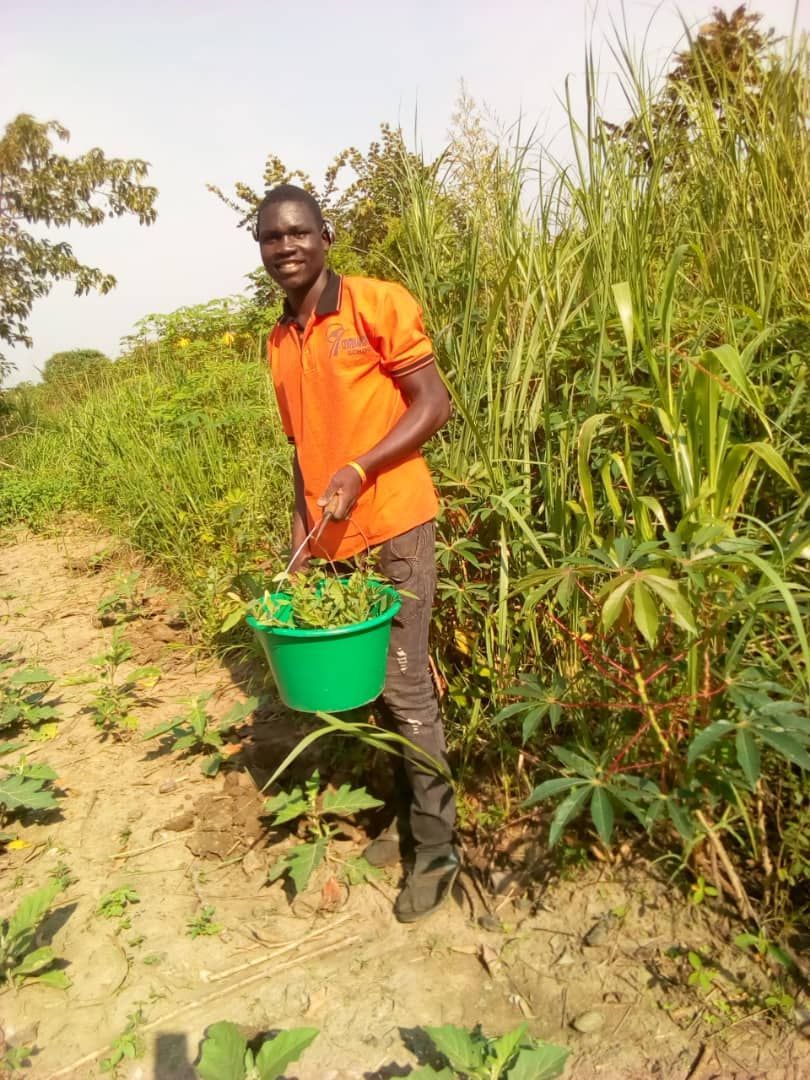
Sustainable Futures for Developing Regions
The future of developing regions depends on sustainable practices. By adopting eco-friendly agriculture, communities can look forward to a brighter future.
- Environmental preservation ensures long-term viability of resources.
- Developing renewable energy sources reduces reliance on fossil fuels.
- Community education programs promote awareness and involvement.
By focusing on these areas, developing regions can secure a sustainable future. Sustainable agriculture serves as a beacon of hope, guiding communities towards prosperity. 🌾✨
Categories






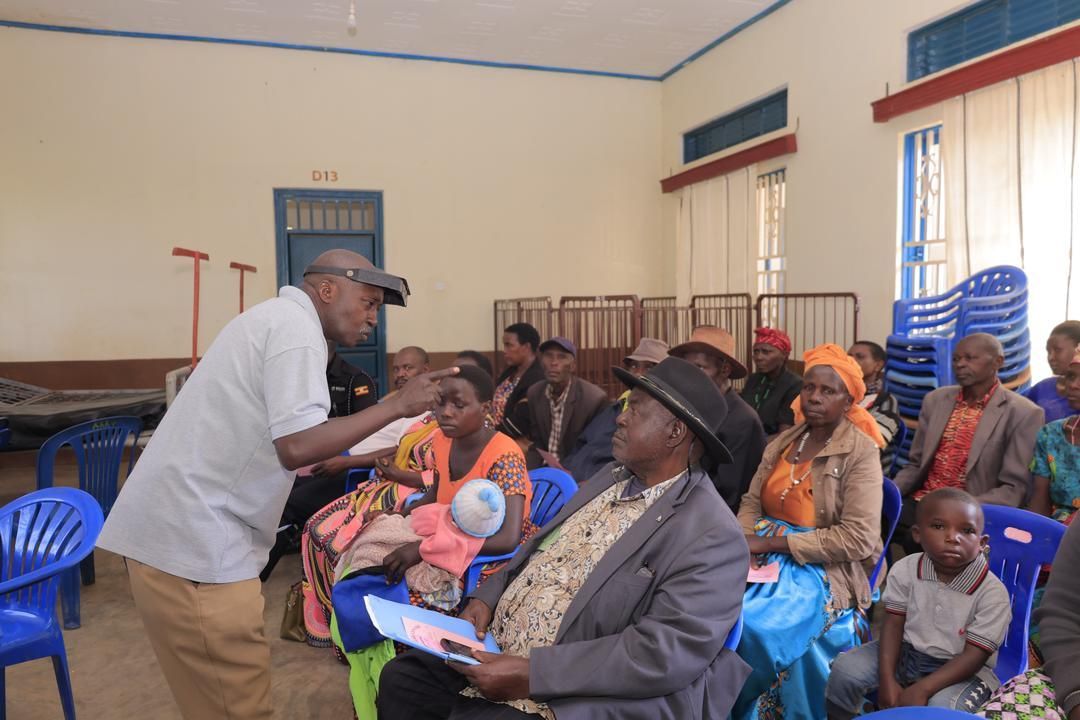

Social Media











